Breaking News: Government Shutdown Ends as Democrats Join Republicans to Pass Short-Term Spending Bill
A short-term spending bill cleared a procedural hurdle in the Senate on Sunday evening, paving the way for an end to the longest-ever government shutdown. Seven Democratic senators and one independent voted with Republicans to advance the bill, which will provide funding for government operations until December 16. The breakthrough came as SNAP payments have been on hold, and Transportation Secretary Scott Duffy issued dire warnings about air travel ahead of Thanksgiving, with thousands of flights canceled this weekend.
The Senate vote marked a significant turning point in the crisis, which has lasted for 21 days. The short-term spending bill will now head to the House of Representatives for a vote, where it is expected to pass. The bill will provide funding for government operations, including the Department of Homeland Security, which has been operating on furloughed status since the shutdown began.
The news sent a positive signal to the markets, with futures tied to the Dow Jones industrial average climbing 66 points, or 0.14%, to 48,500. SP 500 futures were up 0.68%, and Nasdaq futures jumped 1.19%. The yield on the 10-year Treasury rose to 3.45%, a 2.5 basis point increase.
The government shutdown has had significant economic implications, with estimates suggesting that it has cost the US economy over $5 billion in lost productivity and revenue. The shutdown has also had a disproportionate impact on low-income households, which rely on SNAP payments to purchase food.
The short-term spending bill is a compromise that will provide funding for government operations until December 16, but it does not address the underlying issues that led to the shutdown. The bill also includes a provision that "surrenders" on ACA subsidies, which will limit the ability of low-income households to purchase health insurance.
As the Senate and House of Representatives work to pass the short-term spending bill, the focus will shift to negotiating a long-term budget agreement. The next few weeks will be critical in determining the fate of the US government and the economy.



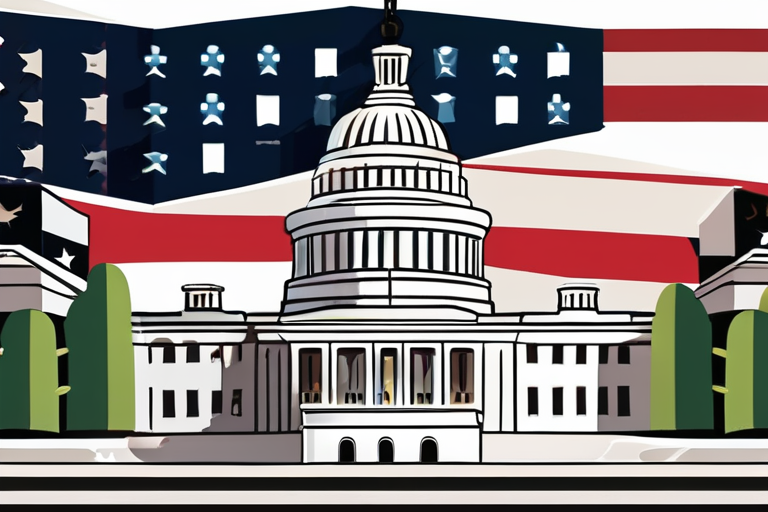
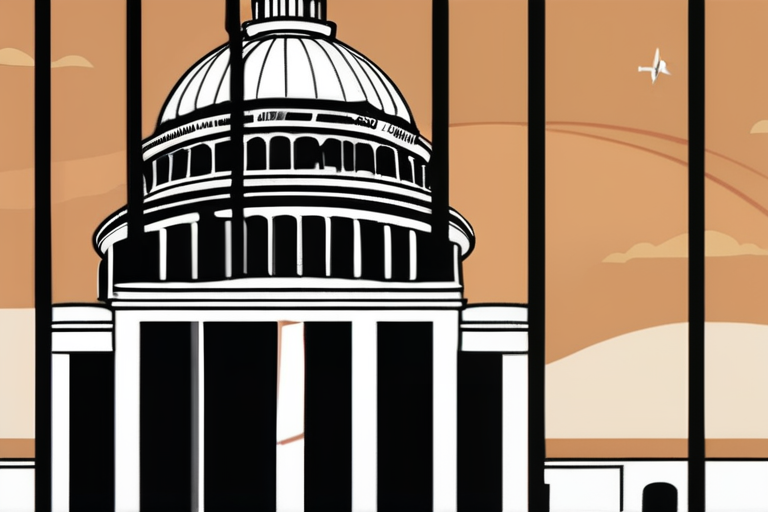
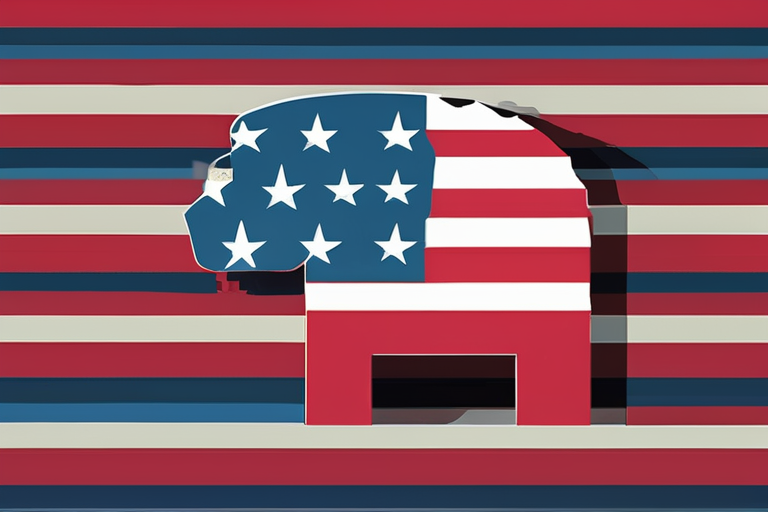
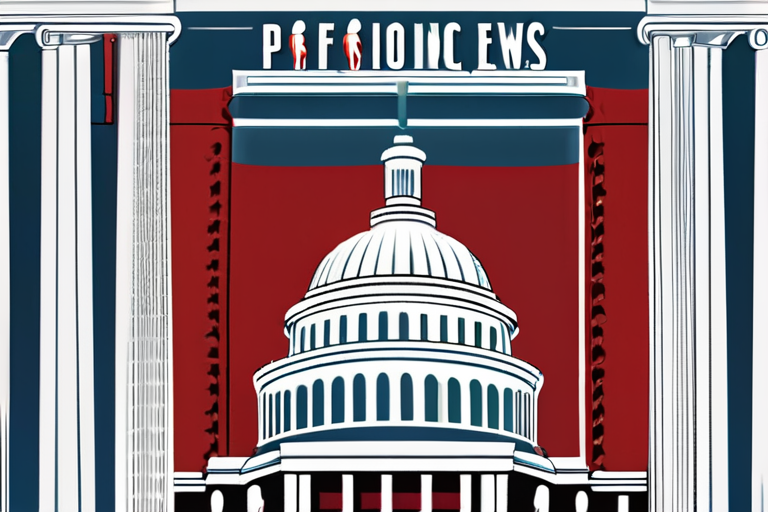
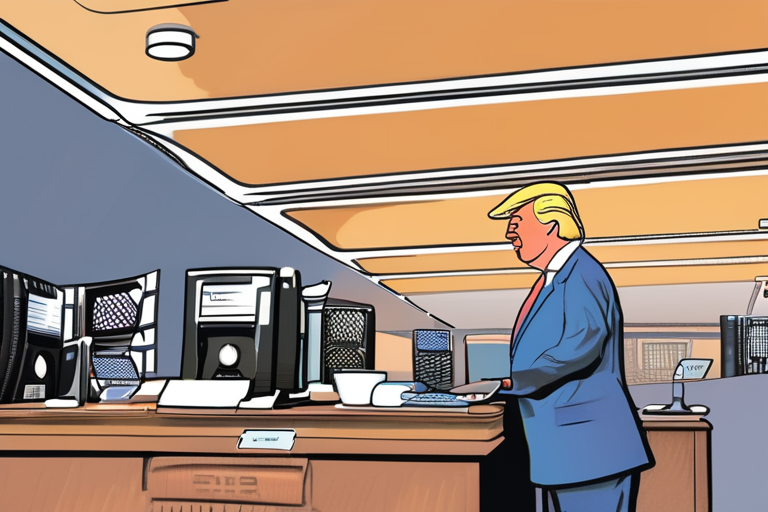

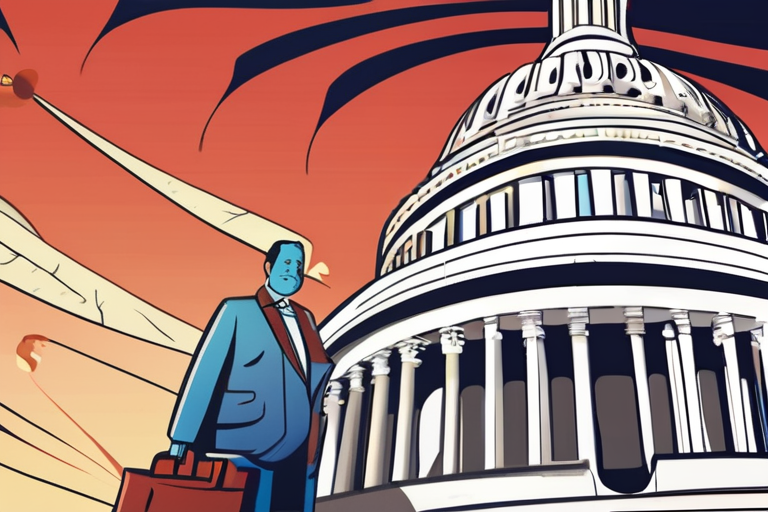

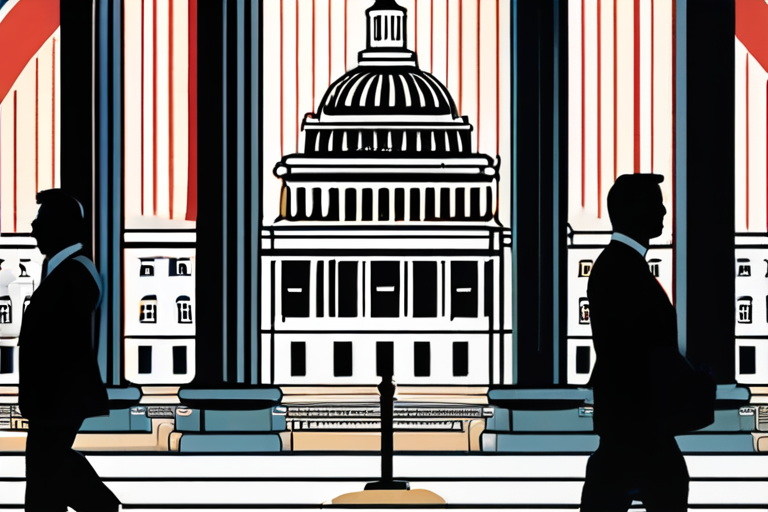
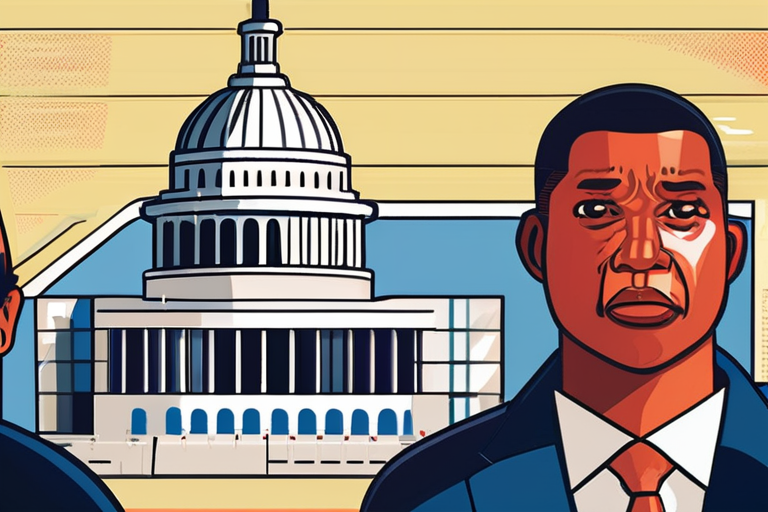
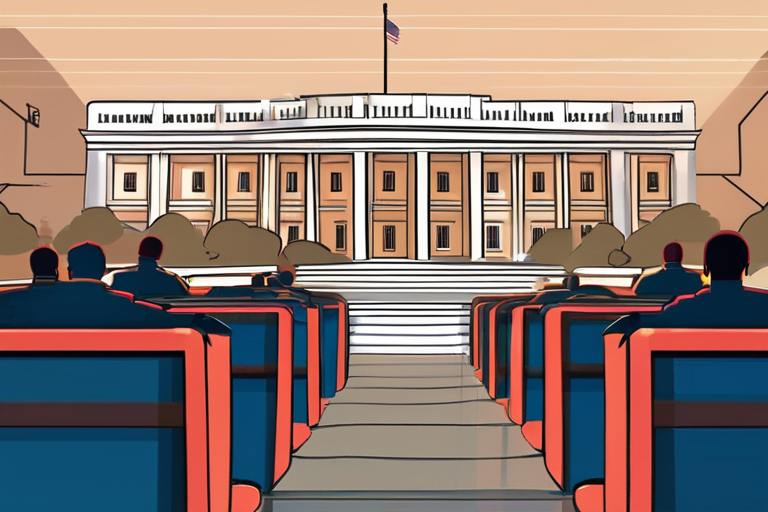
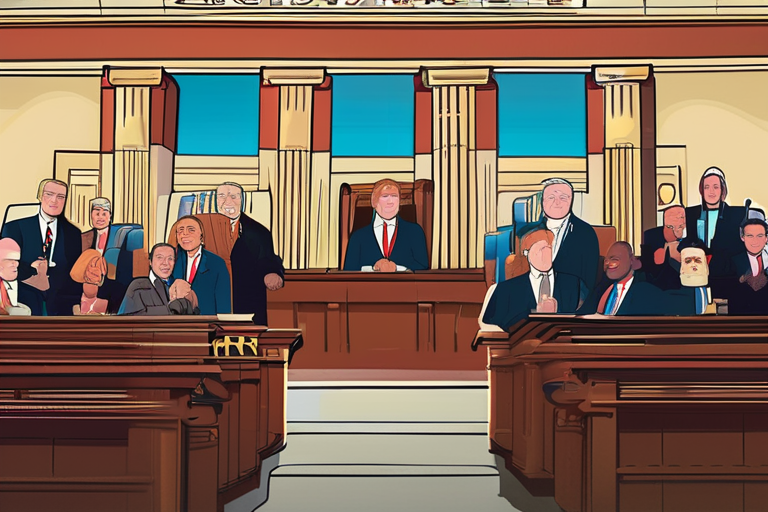
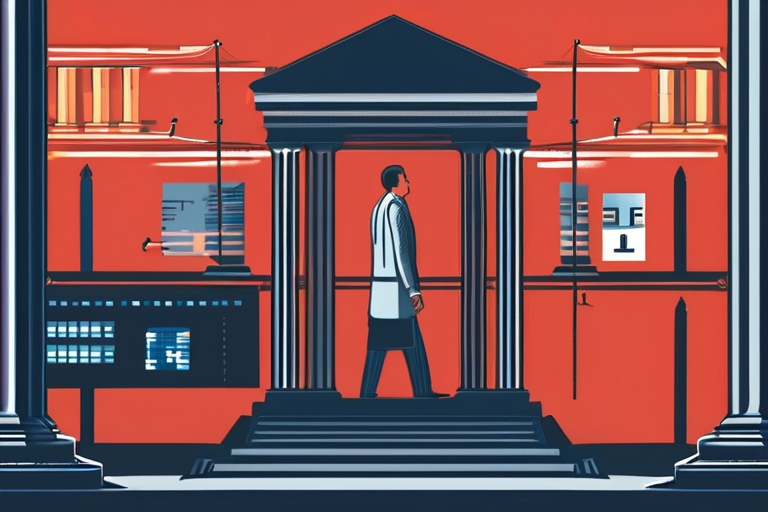
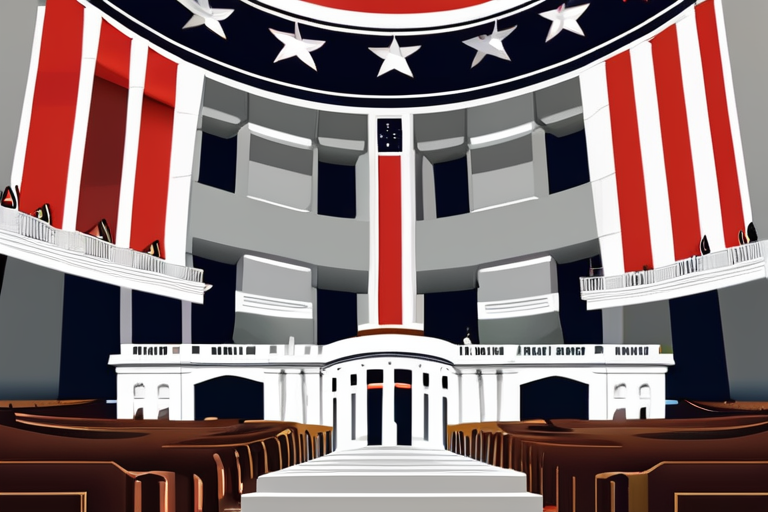
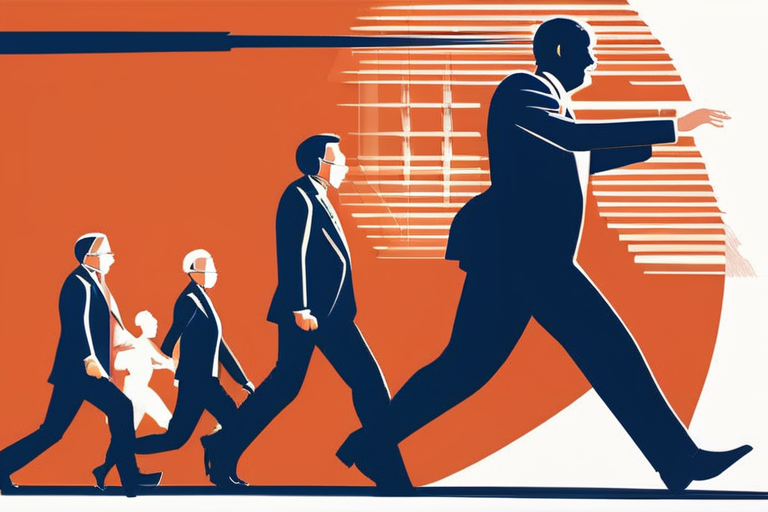
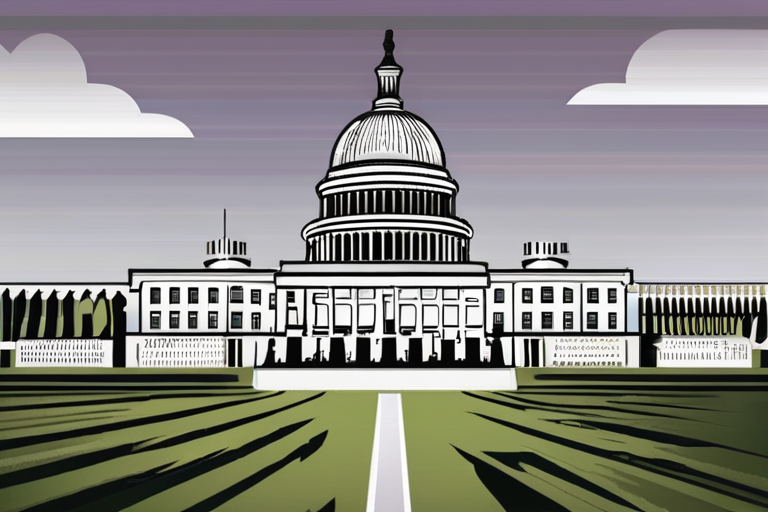


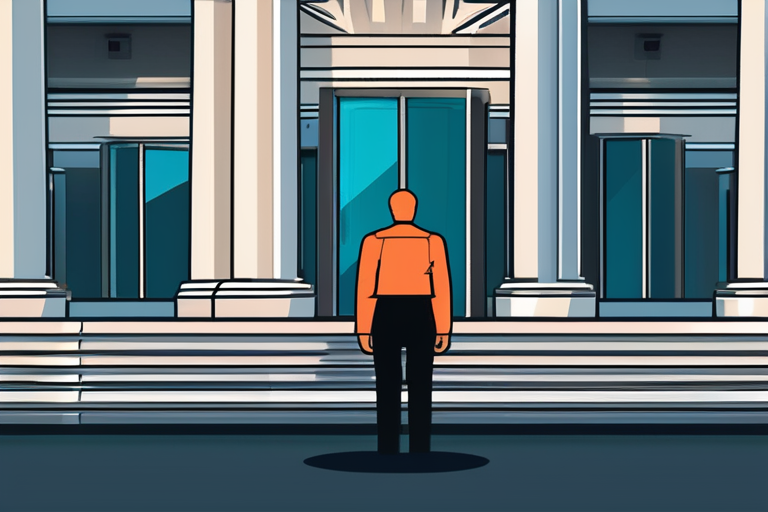
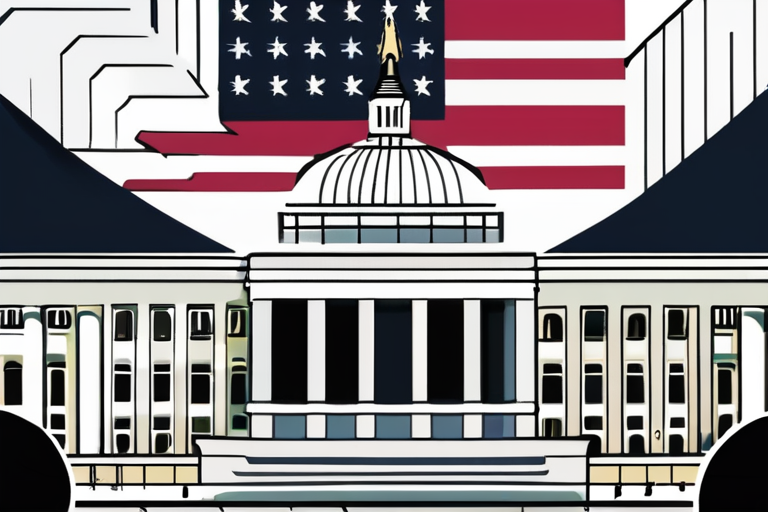
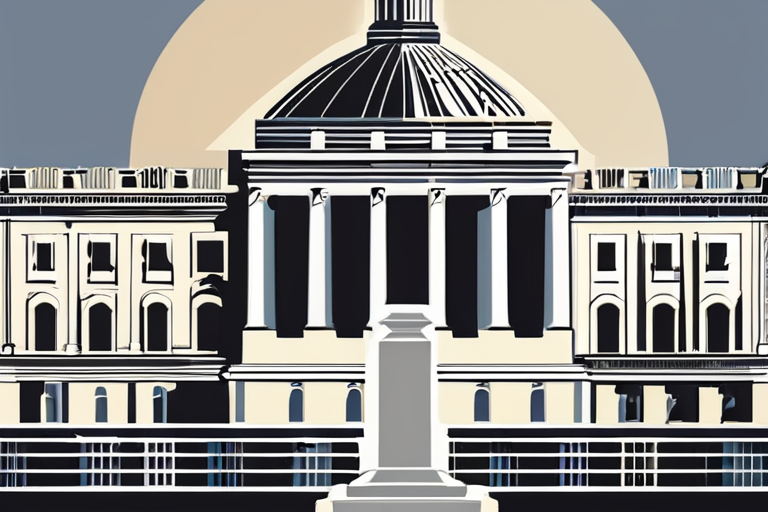
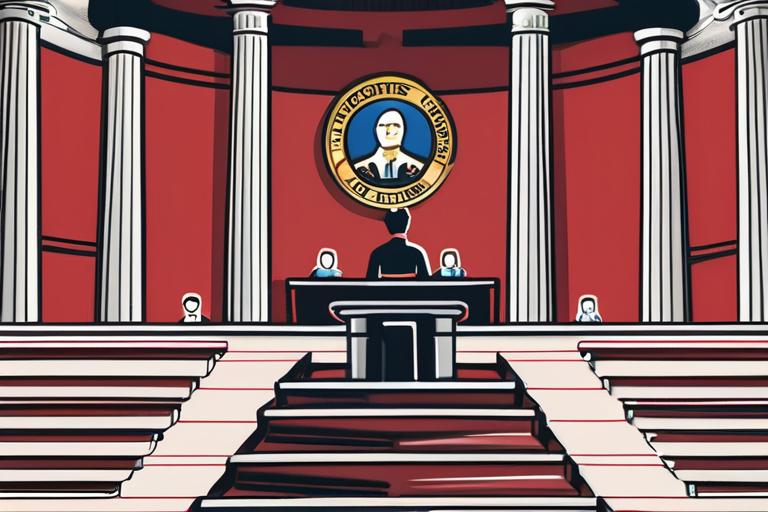


Share & Engage Share
Share this article